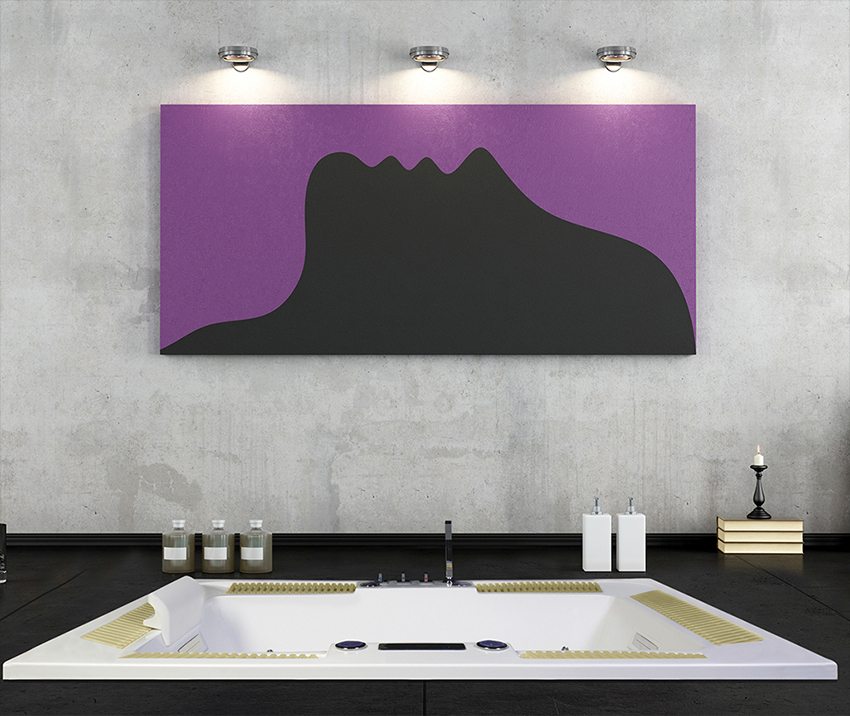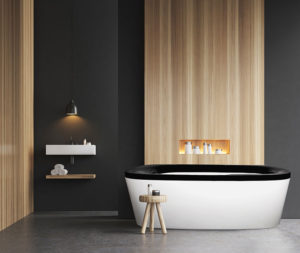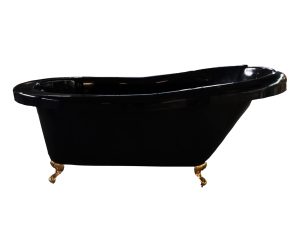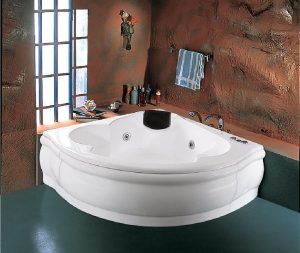For centuries, cultures around the world have utilized water for its healing and therapeutic properties. Known as hydrotherapy, the use of water for relieving pain, promoting relaxation, and improving general wellbeing has been practiced in various forms. In recent decades, the use of whirlpool baths has emerged as a modern way to experience the benefits of hydrotherapy in a comfortable at-home setting. With jet streams that mimic massage and immersion in warm water, whirlpool baths provide both physical and mental relaxation. In this blog post, we’ll look at how soaking in a warm whirlpool bath can positively impact mental health and provide a feeling of inner calmness.
The Soothing Nature of Water
Humans have always felt a deep connection and attraction to water, both culturally and evolutionary. Our bodies are made up primarily of water, so immersing ourselves in it creates a sense of returning to our natural state. The buoyancy of water relieves pressure on our joints and muscles, while the warmth from temperatures between 92-100°F relaxes muscle tension. Simply being immersed in warm water activates pressure points throughout the body, creating a meditative-like state that quiets the mind. Floating effortlessly takes off the constant pull of gravity we feel on land. This essentially creates a near-weightless experience, almost like being back in the womb, which lowers stress hormone levels in the body. Our minds associate being surrounded by water with safety, comfort and tranquility. Soaking in a warm bath taps into these deep-seated associations, allowing our bodies to enter a parasympathetic state of deep rest and relaxation.
Massage Effects of Water Jets
Whirlpool bathtubs build upon the soothing nature of water by incorporating air and water jets that mimic the feel of a massage. The pulsating streams target pressure points in the back, shoulders, legs and feet. This dynamic hydro massage stimulates circulation while loosening tight muscles. Water jets can be adjusted to light, medium or high intensities, providing a customizable massage experience. Just 10-15 minutes of concentrated hydro massage can leave muscles feeling loose and relaxed for hours afterwards. The sensations promote the release of endorphins, serotonin and other feel-good hormones that uplift mood and relieve pain. There is also something mentally relaxing about giving yourself over to the repetitive motion of the water pulsing on tight spots in the body. This mindless yet rejuvenating sensation allows you to let go of conscious thought and sink into a meditative state.
Psychological Benefits
Given its deeply relaxing physical effects, it’s no surprise that soaking in a warm whirlpool bath can provide psychological benefits as well. For those dealing with high stress, anxiety or depression, the hydro massage and immersion in warm water provides a quick yet effective relaxation response. Like meditation, a whirlpool bath session focuses our awareness on sensory experiences in the present moment rather than worrying about the future or ruminating on the past. This mind-body reset provides reprieve from stressful thoughts and negative emotions. For those suffering from chronic pain or insomnia, having a bath before bedtime can ease muscle tension and promote restful sleep. The boost in serotonin and endorphin levels acts as a natural mood enhancer to lift the spirit and boost general wellbeing. While not a cure-all, making time to soak away your worries in a whirlpool can be an impactful part of an overall self-care routine.
Ritualistic Nature of Baths
There is something about taking a warm bath that feels like a ritualistic act of self-care and decompression. In today’s busy world, it’s rare we take time for ourselves to relax and unwind. A nightly whirlpool bath signals to your mind and body that it’s time for rest. The ritual nature of running the bath, adding aromatherapy oils or bath salts, dimming the lights, and sinking into the tub shifts your focus from external to internal. Unlike quick showers, extending this time to relax and be present with yourself allows mental clarity. For those who have trouble quieting racing thoughts at night, a whirlpool bath can become part of a relaxing pre-bedtime routine. Dedicating 30-60 minutes to let the day’s stresses swirl down the drain can facilitate more restful sleep. Add in soft music, a cup of herbal tea, or focused breathing exercises to make bath time feel even more therapeutic.
Conclusion
While more research is needed, preliminary findings indicate whirlpool bathing can positively impact mental wellbeing. The combined effects of warm water buoyancy, massage water jets, and the ritualistic nature of bathing promote deep muscular and mental relaxation. For people dealing with symptoms of depression, anxiety, chronic pain or insomnia, incorporating whirlpool baths into an overall self-care routine could provide much-needed respite. Of course, hydrotherapy is not a substitute for medications or psychotherapy when needed. However, as an accessible and enjoyable home relaxation method, whirlpool baths can be an effective complement to other treatments. Focusing on this sensory-based, present moment activity redirects our minds from worry and rumination to simply feeling immersed in soothing sensations. The next time you’re feeling overwhelmed with life’s daily pressures, take time for yourself to soak it all away in a warm, relaxing whirlpool bath.




